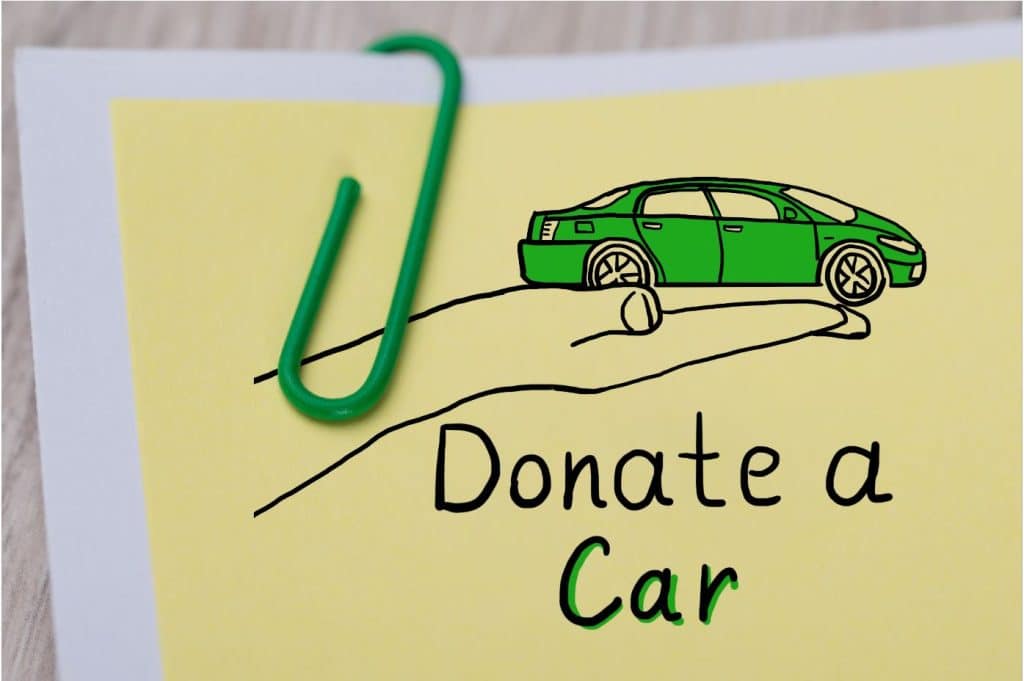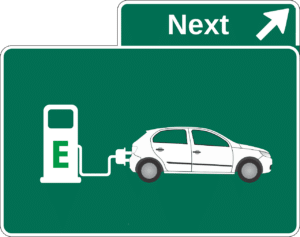If you have a vehicle you no longer use, you may consider car donation. Many charities are now accepting vehicles, boats, and even private aircraft to help support their causes and will give you a tax deduction when filing your taxes.
If you have never donated a vehicle to charity before, there are some things that you may wish to consider before you complete the process. Understanding the do’s and don’ts of vehicle donation will help you avoid problems with tax forms and in the future.
Before You Start Researching Charities
Before you start researching charities, look among your close friends and associates. Is there someone who really needs a vehicle? Is there someone at your work or at church that could use a helping hand? Do you have a relative who has undependable vehicle that could really benefit from a different car?
The old saying is that “charity begins at home” applies to vehicle donations as well. If there is someone close to you that could benefit from the vehicle donation, then take the necessary steps to transfer the title to them. They will be forever grateful, and you will have done a really nice thing.

Find a Charity
Most of the larger charities like Habitat for Humanity have it set up so that they can take vehicles for donation. In fact, they even have all the paperwork available online so that you can prepare the vehicle paperwork at your own convenience and then schedule for the car to be picked up free of charge.
If you work with any charity, it will be important to work with one that will give you a receipt for your donation with an honest appraisal of what they believe they will get for the car. This appraisal may be way under Blue Book value, but these are charities helping people in need, so they sell the vehicles at a deeply discounted price.
Why is the receipt so important? Because you will need it to make a claim on your taxes for charitable donations. However, you can only claim the value that the charity offers on the vehicle, not the value you believe the car is worth or for what it was appraised.
When you file your taxes, you will have to have the paperwork from the charity to make your claim. If the claim is over $500, you may have to submit the paperwork with your tax forms so that the IRS can officially approve the deduction.
You Can Also Sell The Vehicle & Then Donate The Funds
If the thought of completing paperwork, tracking receipts and appraisals, Blue Book research to find fair market value and trying to schedule a pick-up for the vehicle seems overwhelming, there is still another option.
You can sell the vehicle yourself and use the proceeds to make a cash contribution to your charity of choice to get the tax benefit when filing tax returns. When you sell the vehicle yourself, it may take a little longer, an average of 60 days from the time you post that the vehicle is available, but you will also be able to get a higher sales amount for the vehicle than the charity would.
Not only have you eliminated a lot of paperwork, but you can also make a larger charitable contribution to your favorite charity from the sale of the car.

Important Things To Remember
In the end, the most important thing to remember is that any vehicle can be given to charity whether it runs or not. Some charities will sell non-operating vehicles to the scrap yards for scrap price. Some youth charities use these vehicles as part of their youth training programs. At-risk teens are taught how to repair vehicles as a skill and trade and when the vehicle is repaired, they sell it to fund their program when the vehicle sells based upon the selling price.
Make sure that you get all the documents you need to show that the vehicle has been transferred out of your ownership to a charity. This paperwork is essential to making a tax deduction claim.
Before you move the vehicle off of your property, make sure that you check it for personal belongings, including in the glove box, so that any personal information does not remain in the vehicle, such as old insurance cards or registration. Make sure that you remove any license plates off of the vehicle before allowing it to go off your property and then cancel the auto insurance. This is a good way to receive a tax deductible donation. Some organizations also perform matching gifts programs.
If you sell the vehicle for cash, you will still need to get a receipt from the charity for how much you have donated. However, you will be able to claim the full amount of a cash donation instead of just the appraised amount that can be claimed on a vehicle and refer to the IRS publication regarding form 1098C to ensure the proper tax withholding regarding donated vehicles. Refer to an accountant if unfamiliar with tax law as it related to charitable organizations when the vehicle sells or car is sold.
The final thought is that you have now done something that can help a person in need overcome challenges in their life. At the same time, you have cleaned up your yard by removing a vehicle you are not using. It is truly a win-win situation.
When Purchasing A Replacement Vehicle
Always remember to have a VINsmart report run on the vehicle before making any vehicle purchase. A VINsmart report runs a complete history on the vehicle including whether it has ever been reported as stolen, has been involved in a major accident, or has been listed as a totaled vehicle.
VINsmart reports will also give you a history of every time the vehicle has been registered as well as a history of the mileage. It reports any significant incidents related to the vehicle, such as being involved in a fire or flood.
When you are going to purchase a used vehicle, the best way to ensure you are making a good purchase is to know the vehicle’s complete history.





